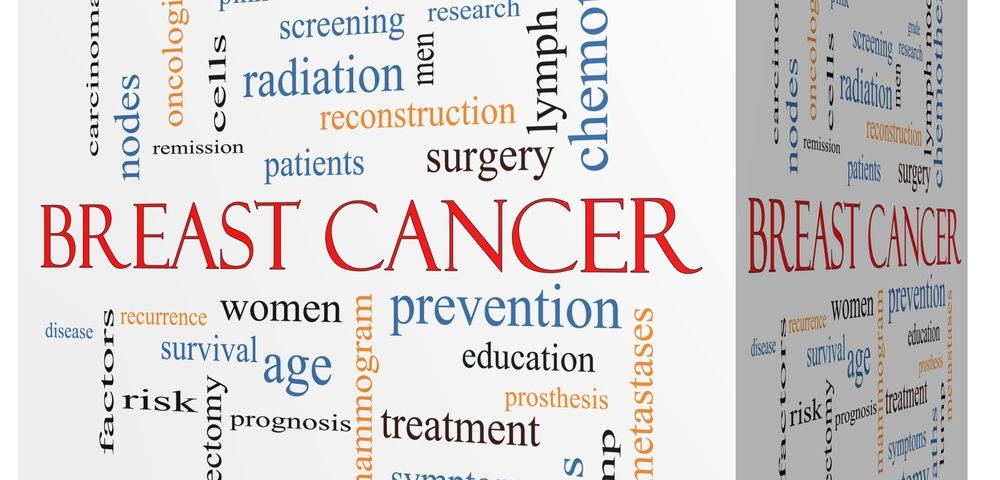After a biopsy and learning that the oncologist found breast cancer, what would be the next step? I had never heard of a lumpectomy before I needed to have one, and a lumpectomy is exactly what the doctor had ordered. It is amazing the terror and anxiety that a medical term can cause. I did not fully research the procedure because part of me really didn’t want to know. But I realize hundreds of women everyday may be hearing they too need to undergo a lumpectomy, and be searching for answers and support. I hope to provide some calm before your procedure.
In a lumpectomy, an oncologist operates on the affected breast and removes both the cancerous tumor plus tissue surrounding the tumor. He or she tries to spare as much of the breast as possible, only removing whatever is necessary. According to BreastCancer.org, a lumpectomy is considered to be a breast preservation surgery in hopes to doing minimal change to your body. Sometimes, it is called a partial mastectomy.
Having a lumpectomy does not require an overnight stay in the hospital. Like your biopsy, you should not eat or drink after midnight on the day of surgery unless your doctor tells you otherwise. When you go to the hospital, you will be asked to change into a hospital gown. The oncologist will use a felt tip marker to mark the incision spot, and might initial the spot as well. Don’t worry, because the marker will wash away in about a week.
The lumpectomy typically takes between 15 and 45 minutes to perform. You will have local or general anesthesia. Nowadays, the surgeon can use an electric scalpel that will minimize bleeding. Tools that resemble the shape of the breast also help in being as precise as possible.
Afterward, you will be taken to the recovery room and your heart rate, temperature and blood pressure will be monitored to make sure everything is going fine. As you wake, you may be offered a small drink or snack. The nurse will go over healing procedures before you are discharged. Please try to ask whatever questions you have before leaving. You will probably be given a prescription for pain medication, and advice on changing or caring for bandages, detecting a problem, exercising the arm (on the affected side of the body), and other specifics.
Everyone reacts differently to medical procedures. I found that recovery from a lumpectomy was much smoother and less painful than the biopsy. Not everyone has the same experience, so be aware of how you feel and take it easy. Rest, pain medication, keeping clean, doing exercises as instructed and using a good sports bra while exercising are advised.
Your breast might not feel or look exactly how it did before. The scar will fade and scar fading cream can help. Time does heal your soul and scars. Depending on your specific situation, you might also need radiation treatment to make certain that your cancer is gone. You may also be prescribed tamoxifen to help ensure the cancer won’t return. Every case is very different, and you need to discuss with your doctor in detail your next steps. The results of the lumpectomy should be back in only a few days to determine a treatment plan.
***
Note: Breast Cancer News is strictly a news and information website about the disease. It does not provide medical advice, diagnosis, or treatment. This content is not intended to be a substitute for professional medical advice, diagnosis, or treatment. Always seek the advice of your physician or other qualified health provider with any questions you may have regarding a medical condition. Never disregard professional medical advice or delay in seeking it because of something you have read on this website. The opinions expressed in this column are not those of Breast Cancer News, or its parent company, BioNews Services, and are intended to spark discussion about issues pertaining to breast cancer.


